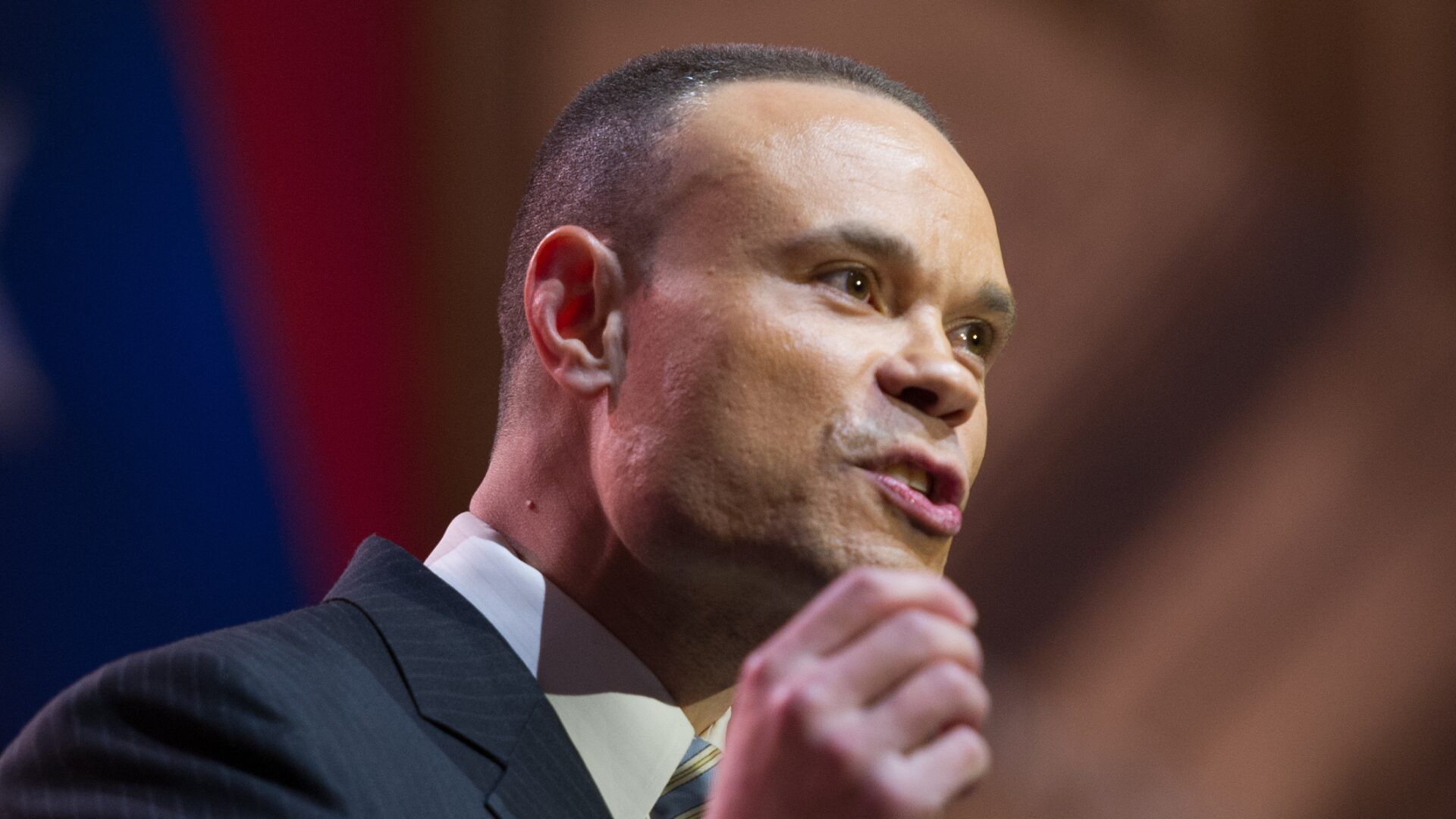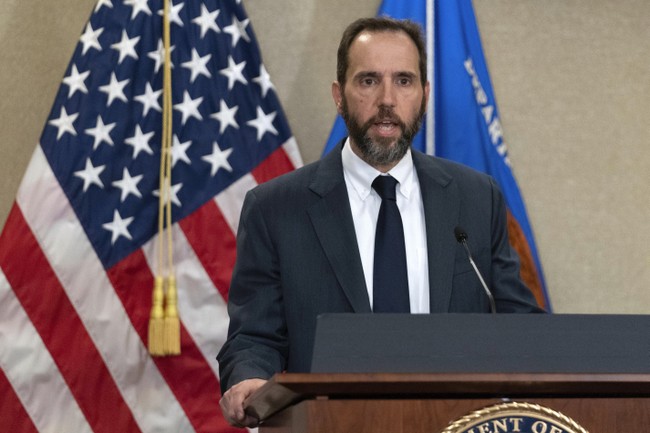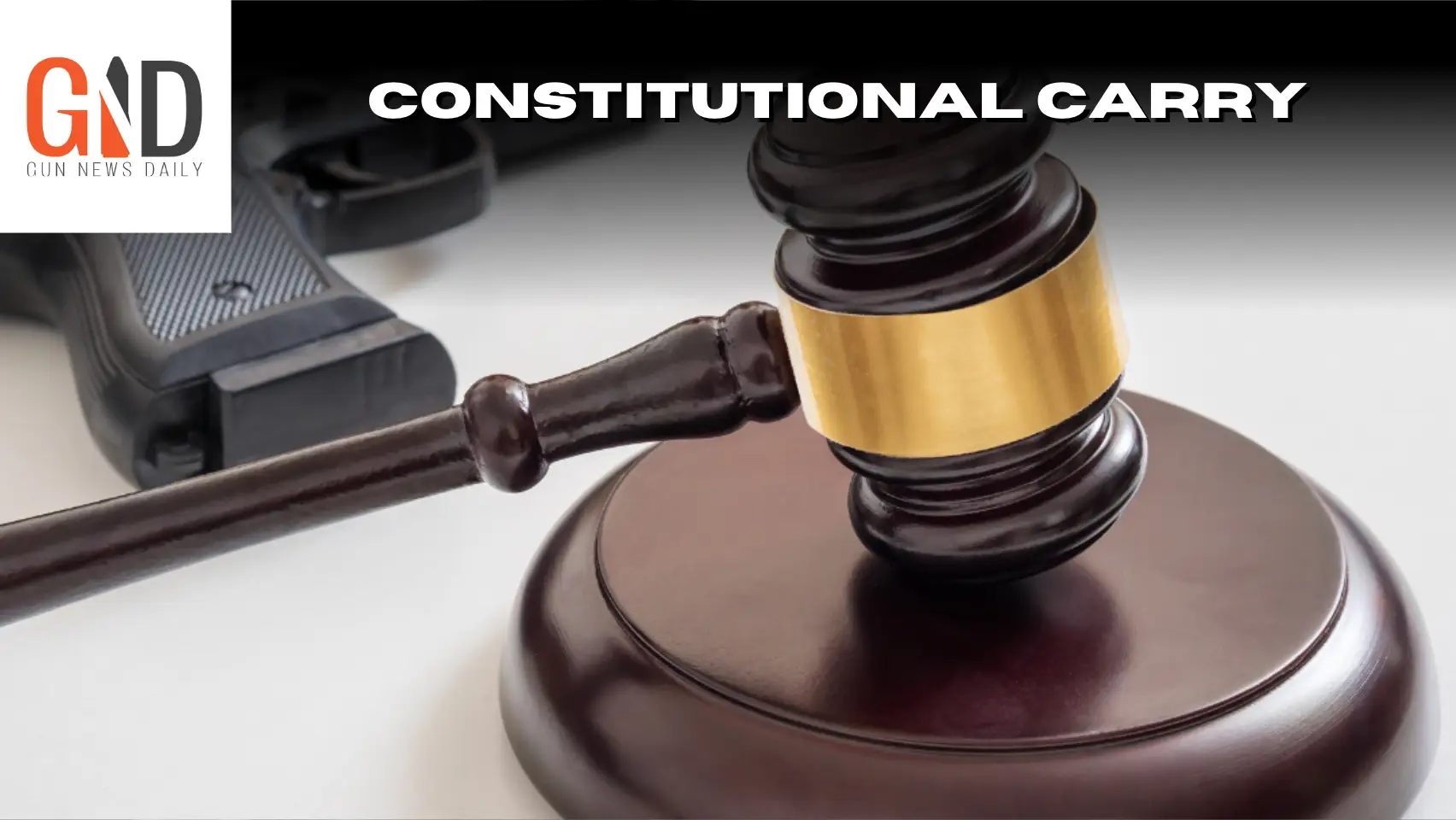Nancy Mace has been a force to reckon with, fiercely advocating for women’s rights, safety, and fairness. She’s made it crystal clear that biological men have no business in women’s spaces—be it bathrooms, locker rooms, or sports teams.
These efforts align with her commitment to common-sense solutions to safeguard the rights and dignity of women.
Her stance has sparked controversy, with critics claiming her approach excludes certain groups.
Celebrate Trump’s Historic 2024 Victory with the Exclusive Trump 47th President Collection!
Among these critics is Bill Kristol, who recently expressed disapproval of Mace’s advocacy. This criticism has drawn attention, especially from those who believe Mace’s work is vital to maintaining fairness and safety for women and girls.
I don’t personally know Rep. Nancy Mace or Rep. Sarah McBride, and I can’t say I’ve thoroughly researched their biographies or political views. But I’ve seen enough in recent days to say this: I am very grateful to be of the party of Sarah McBride, and not that of Nancy Mace.
— Bill Kristol (@BillKristol) November 24, 2024
Dan Bongino, known for his sharp commentary, addressed Kristol’s remarks with a succinct rebuttal.

While the comment is brief, it reflects the frustration many conservatives feel about what they see as a disregard for women’s safety and rights in favor of political correctness.
We’re grateful too Bill. https://t.co/61wBAkGb0V
— Dan Bongino (@dbongino) November 24, 2024
Mace’s advocacy includes protecting women’s sports from the intrusion of biological males, which many argue undermines the integrity of competitions. By defending Title IX and advocating for women’s rights, she has drawn both support and criticism. Her position is centered on the belief that women deserve spaces where they can feel secure and opportunities that are fair and equitable.
Kristol’s criticism highlights the growing divide on this issue, with some arguing that Mace’s efforts are exclusionary. However, her supporters maintain that prioritizing women’s safety and fairness is not about exclusion but about upholding basic rights and protections.

This exchange between Bongino, Mace, and Kristol underscores a broader debate about the balance between inclusion and the protection of women’s spaces. As Mace continues her work, the discussion around these policies is likely to remain a prominent topic in political and cultural conversations.
Read the full article here









